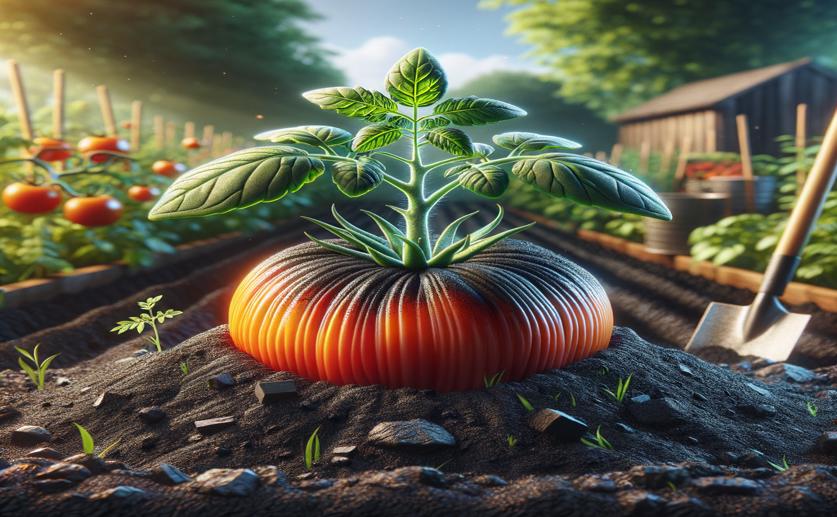
Biochar from Waste Boosts Tomato Plant Growth
Jenn Hoskins
24th April, 2024

Image Source: Natural Science News, 2024
Key Findings
- Researchers in Rome developed a slow-release fertilizer from licorice waste that boosts tomato growth
- The biochar-based fertilizer, especially at lower temperatures, provides nutrients steadily over time
- This new fertilizer increased tomato plant health, indicated by 38% more chlorophyll and 15% more carotenoids
SustainabilityPlant ScienceAgriculture
References
Main Study
1) Functionalized biochar from waste as a slow-release nutrient source: Application on tomato plants.
Published 30th April, 2024 (future Journal edition)
https://doi.org/10.1016/j.heliyon.2024.e29455
Related Studies
2) Physiological functions of mineral macronutrients.
3) Organic and inorganic contaminants removal from water with biochar, a renewable, low cost and sustainable adsorbent--a critical review.
4) Molecular characterization of biochars and their influence on microbiological properties of soil.



 3rd March, 2024 | Jim Crocker
3rd March, 2024 | Jim Crocker